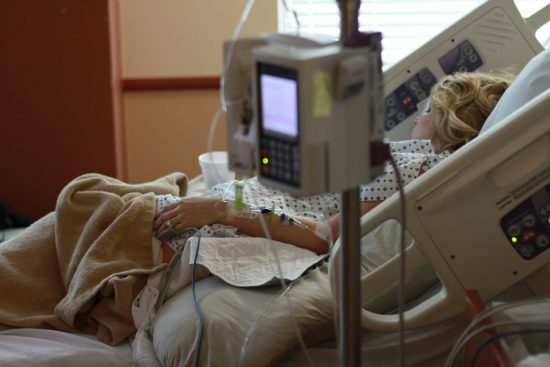Antimicrobial resistance and death certification: are we there yet?
A retrospective study of 758 patients at University College London Hospitals NHS Foundation Trust in 2022 found that infection was the underlying cause of death for 11.7% of participants and was implicated in 41.1% of cases. The most common infection syndromes leading to death were respiratory tract infections, sepsis, and COVID-19. AMR-attributable deaths were more common in younger patients and those admitted under haematology. The majority of AMR-attributable deaths were caused by treatment failure and delay due to intrinsic resistance mechanisms, while a minority were caused by acquired resistance mechanisms. The median time to effective treatment was 32 hours and 15 minutes. AMR was not recorded as a cause of death in any of the patients.
AMR NEWS
Your Biweekly Source for Global AMR Insights!
Stay informed with the essential newsletter that brings together all the latest One Health news on antimicrobial resistance. Delivered straight to your inbox every two weeks, AMR NEWS provides a curated selection of international insights, key publications, and the latest updates in the fight against AMR.
Don’t miss out on staying ahead in the global AMR movement—subscribe now!







